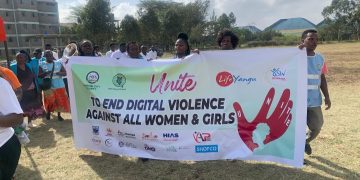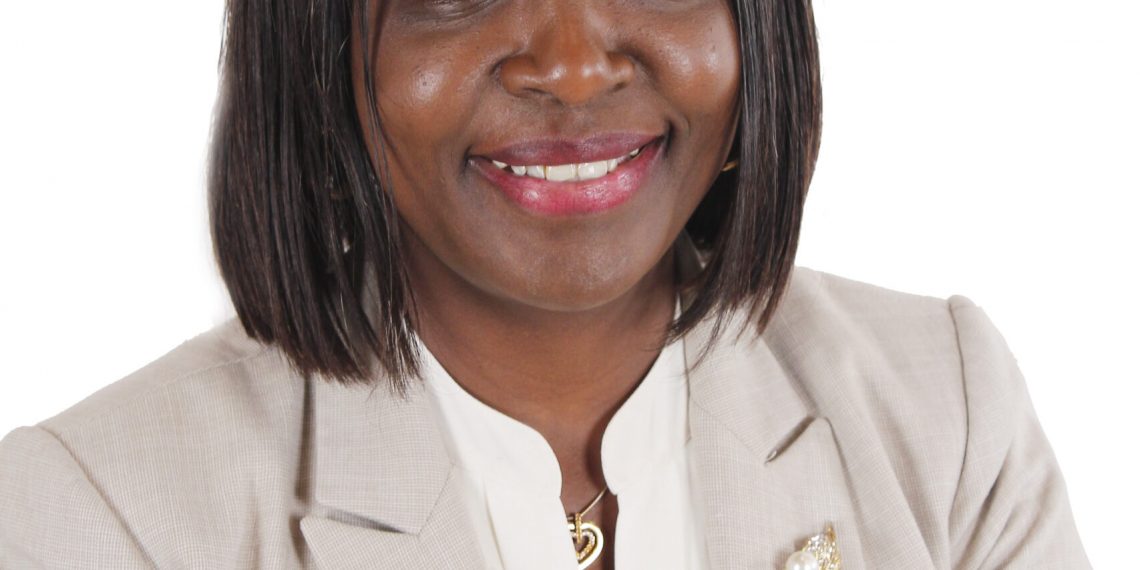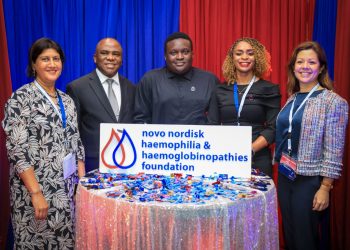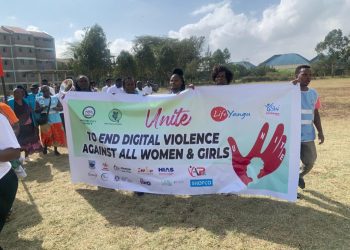By Samwel Doe Ouma @Samweldoe
Zipline- a drone-delivery company -that will facilitate automated, on-demand and timely availability of medical products in hard-to-reach regions is set to launch its full operations in Kenya.
According to Winfred Muiruri, General Manager, Zipline Kenya, the drone delivery company will make deliveries of supplies such as vaccines, infusions, whole blood, platelets, and frozen plasma, among others more sufficient and timelier despite terrains.
“The delivery technology aims to create logistics solutions that serve all humanity equally by leveraging its expertise in robotics and autonomy to design, manufacture and operate an automated delivery system,” she says.
Zipline is an instant delivery service that operates a drone manufacturing and delivery system, delivering medical supplies as well as non-medical products including ecommerce and animal health products.
She adds that the drone technology takes between 10 and 45 minutes to deliver the supplies within an area within the radius of 80 to 120 kilometers from the Zipline centre. This means a distance that could take about six hours by road will be covered under 30minutes by the zipline drones,” she said.
She expounds that the system of Zipline is well equipped with the state-of-the-art warehousing facility and cold chain storage that is capable to keep all products within the recommended standards for delivery.
“The technology work when a requestor (either medical staff at remote hospitals and clinics, veterinary, or other designated official) place orders with Zipline, a fulfillment operator receives this order and prepares the products into a special delivery package with a parachute. A Zipline flight operator then packs the medical products into a drone and performs pre-flight checks, she adds.
The drone is then launched with a supercapacitor-powered electric catapult launcher and accelerates from 0 to 70 miles per hour (0 to 113 km/h) in 0.33 seconds. The drone then flies autonomously to its delivery site while a remote pilot at each distribution center monitors all drones in flight. The drone descends to 20–35 meters (66–115 ft) before dropping the package under a paper parachute, she further explained.
The technology uses specific routes identified through digital mapping and identification of locations. Our drones can easily detect an aircraft on their flight path and take a diversion to avoid collision. All our drones also have redundant features so that one is always on standby to operate in case one has a fault in-flight.
She explains that “We are the only drone company that boast of a parachute landing system which makes the drone to safely land at any given time should the aviation authority ask us to land because of some emergency work within the airspace or even because of any unforeseen failure in flight. We work with the Kenya civil aviation authority (KCAA) to ensure that we are very fit to launch a drone at any given time.”
Zipline signed a memorandum of understanding (MoU) with the County Government of Kisumu in February 2022. The agreement gives way to the establishment and operation of a Zipline distribution hub in Kisumu County to act as the base of operations for the Zipline Unmanned Aerial System (UAS) and the Zipline services capable of serving health projects and facilities across the 16 Lake Region Economic Bloc (LREB) Counties.
From there, medical commodities will be delivered to over 500 health facilities while also delivering adolescent health products to communities.
In agriculture, it is supporting the delivery of animal genetic material like swine and bull semen and animal vaccines. In effect, Zipline provides and easy, more efficient, reliable and safer means of delivery of goods to all locations, day/night, rain or shine.
Founded in 2014, the company aims to create logistics solutions that serve all humans equally by leveraging expertise in robotics and autonomy to design, manufacture and operate the world’s largest automated delivery system.
Zipline operations in Africa has already commenced in Rwanda and Ghana. Both governments accepted the use of Zipline’s technology in delivering blood and medical commodities to communities that are far from the city centers.














